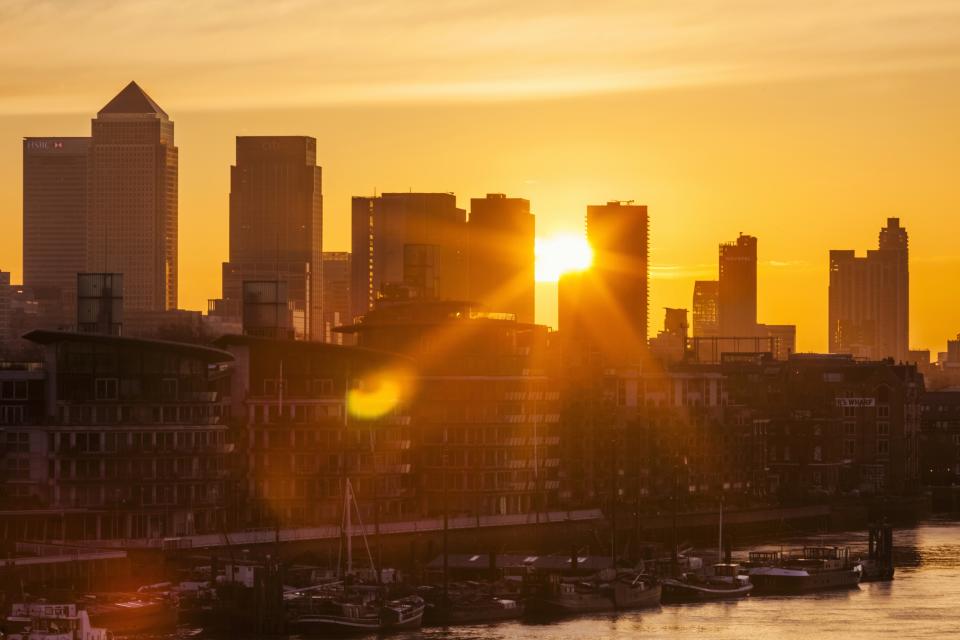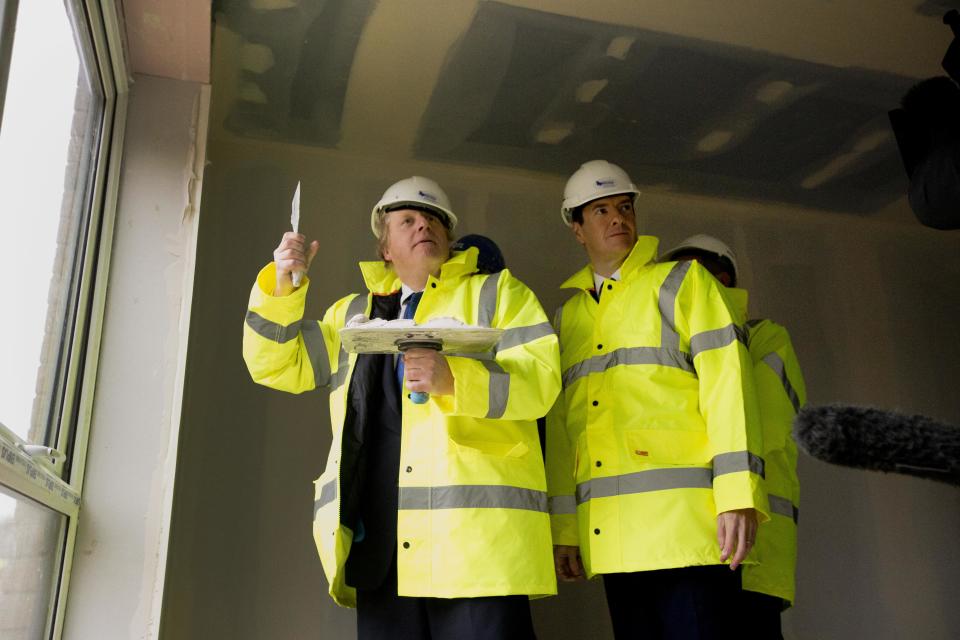Boris Johnson could end stamp duty on homes under £500,000

Stamp duty could be scrapped for all homes worth under £500,000 if Boris Johnson becomes the next UK prime minister, according to reports.
Analysis by Yahoo Finance UK suggests the move could save first-time buyers up to £10,000 on their first home and give buy-to-let landlords and second homeowners a £30,000 tax cut.
Existing homeowners moving into new properties could avoid up to £15,000 of stamp duty if they bought a new property worth £500,000, according to the Money Advice Service’s stamp duty calculator.
The changes would see stamp duty disappear for buyers of the majority of homes in England, where the median average property price is around £240,000.
The shakeup could go even further, with reports he is looking at reversing former chancellor George Osborne’s stamp duty hike on more expensive homes. The stamp duty increases are widely seen to have cooled the London property market in recent years.
READ MORE: Boris Johnson’s points-based immigration plans explained
But the former London mayor is reported to be looking at the radical overhaul of stamp duty only if he leads Britain out of the EU without a deal.
Three sources in his campaign told the Times he was considering an ‘emergency budget’ including stamp duty cuts, large tax breaks for business investment and an “assault” on regulation.
Proposals for a “Trump-style” moratorium blocking all new regulations could prove the most controversial part of the plans.
Any benefits to homebuyers through lower taxes and homeowners through a hotter property market could also be outweighed by the economic rupture caused by a no-deal Brexit.
The Bank of England has warned that house prices could crash by as much as 30% in a worst-case scenario, with Britain entering a recession that could see jobs lost.
What is stamp duty?

Stamp duty is a tax on property purchases. It is currently paid on the value of property higher than £125,000 for residential properties and £150,000 for non-residential properties and land.
Buyers currently pay a 2% tax on the value of their main residence between £125,000 and £250,000.
Higher taxes are paid on more expensive property bands, with 15% the highest rate for second homeowners on the value of properties above £1.5m.
First-time buyers already pay less or even no tax on properties under £500,000.
READ MORE: How much first-time buyers need to earn to get on the property ladder

 Yahoo Finance
Yahoo Finance 